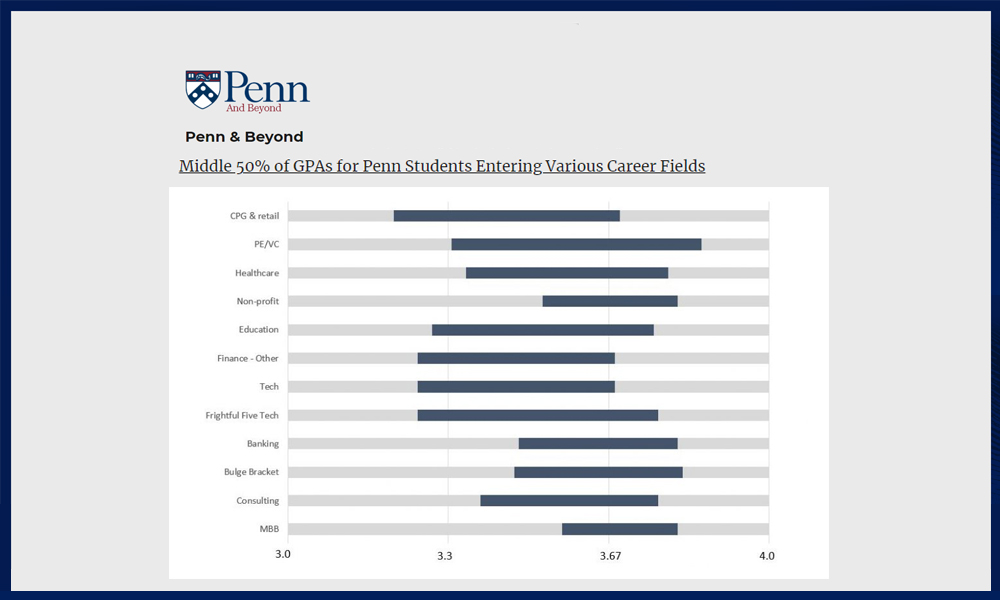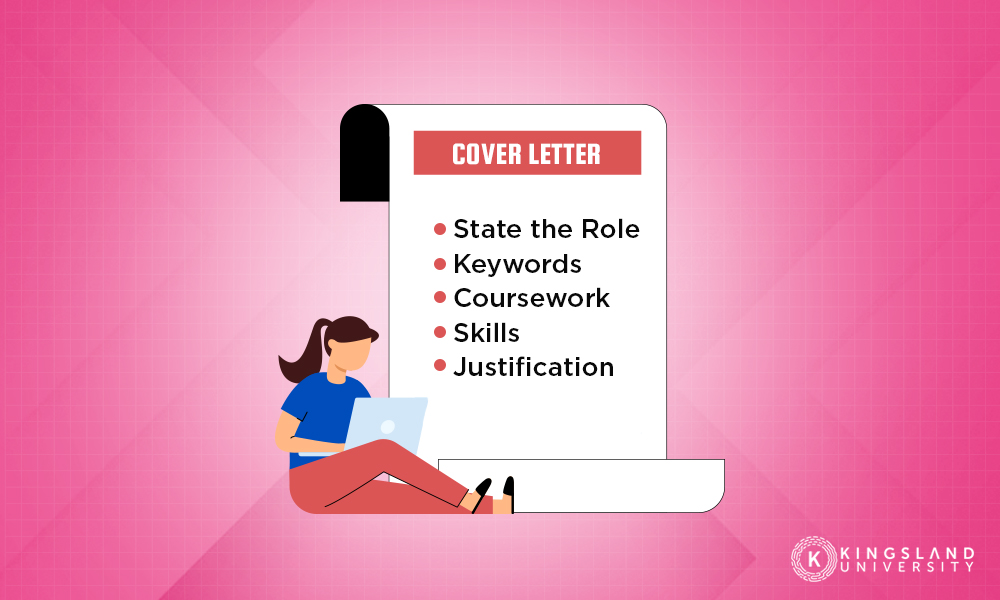
So, you are considering a career in cybersecurity and are considering getting some experience through an internship. You probably wonder what the first step to getting into an internship program is, if not what it will do for you. By the end of this article, we hope to give you a better understanding of internships and how best to apply for one successfully.
What are Internships?
Internships are time slots offered to students to work firsthand in an industry related to their field of study, usually as an unpaid position. No two internships will be the same since they vary based on the employer’s needs rather than any uniform standard set in place by law. This means internships can be extremely short, not exceeding a week, or can last an entire year.
Internships exist for virtually every industry under the sun, from marketing to cybersecurity, that offers on-the-job experience. These internships are designed to net conditional employees for companies and allow the intern to refine certain soft skills they will need in the future. This also has the added benefit of giving you the experience necessary to meet employment criteria when seeking a permanent position.
Some of the more selective internship programs even offer paid slots, allowing students to earn a small wage to fund their studies while refining their abilities. As a result, internships are highly competitive, with candidates needing to stand out compared to others to bolster their odds of being selected.
Below, we’ve compiled several important tips on how to apply to internships successfully.
Tip #1: Grades Matter

One inescapable truth of the world is that your grade-point average (GPA) in university matters. Your high school GPA helped you get into university and, consequentially, your university GPA determines if you are eligible for an internship position with most companies. If you have a poor academic work ethic, it will announce to the companies you are applying to that you will also have a poor professional work ethic. The University of Pennsylvania collated a small chart of GPAs corresponding to successful internship admissions for their students back in 2018:
- CPG & Retail: Internship positions with major retail companies admitted students with a minimum GPA of 3.27.
- PE/VC: The private-equity and venture capital firms with internships only accepted students with a GPA of at least 3.31.
- Healthcare: Healthcare internships only accepted students with a minimum GPA of 3.4.
- Non-Profit: The non-profit organizations with open internship slots only accepted students with a GPA of at least 3.5.
- Education: The education internships only accepted students with a minimum GPA of 3.29.
- Finance & Tech: The internships for the financial and tech firms allowed students with a minimum GPA of 3.28.
- Banking: The banking internships only allowed students with at least a 3.4 GPA.
- Bulge Bracket: Bulge bracket internships sought students with a minimum GPA of 3.39.
- Consulting: Consultation internships accepted students with a GPA of at least 3.37.
- MBB: The upper tier of consulting firms, these moguls only allowed students with a GPA minimum of 3.57.

While not all these rates correlate to the cybersecurity industry, the tech internships are shown to necessitate a 3.28 GPA as the bare minimum for being considered. Therefore, it will behoove you to keep your grades high to stay in the running for these coveted internship slots.
Tip #2: The Résumé Matters
While a résumé might seem like the sort of resource that only applies to those of you seeking full-time employment, they also serve a purpose for those in need of an internship. A résumé is more than just an outline of your experience; it is an employer’s first insight into the kind of individual they would be hiring. There are six major traits for any résumé that should be considered and reviewed before submitting it:
- Legibility: While it might be tempting to make your résumé reflect every little detail about you and your skills, this would be a huge mistake. If you bog down your résumé with too much information, it detracts from the key points, makes the overall résumé seem messy, and makes it more difficult to read. Your résumé should focus on providing your name, contact information, address, and your professional and extracurricular experience.
- Targeting: When you are writing your résumé, you should never tailor it as a “one size fits all” document. If you seek an internship in a cybersecurity firm, make sure the extracurricular and professional information you provide is specifically about cybersecurity and cybersecurity-related areas.
- Skills: There will always be a small section on your résumé where you can add additional information about yourself. When it comes to this section, focus on listing your personal skills that might appeal to your prospective employer and make you stand out as a candidate. Are you bilingual? List it. Are you fluent in coding languages? List them. Put the best and rarest skills you have on the list to make sure you stand out.
- Education: This detail is more oriented towards those who are no longer attending an educational facility but might still be useful if you attended a prestigious high school. Below your professional experience section, make sure to add a section listing the academic facilities you attended and how far your education extends. A sufficient educational background or attendance at a prestigious enough institution might help weigh the odds in your favor.
- Hobbies: A lesser detail of the résumé that can be tailored to your advantage, listing your hobbies helps your prospective employer get a better sense of the person behind the professional. Listing hobbies that relate to the industry you are trying to break into also helps make you seem like a more natural choice for the internship. If you like to code in your free time, a cybersecurity team will be keener on having you aboard.
- Proofread: The downfall of many careless applicants, proofreading your résumé before submitting it is a crucial and non-negotiable step in the application process. If you submit a résumé rife with spelling and grammatical errors, it will immediately serve as a red flag to your prospective employer. Résumés are professional documents, and failing to submit one with correct grammar demonstrates that you are incapable of presenting professionally drafted documentation.

These tips will help you cultivate a résumé that will be more impressive to your prospective employer and therefore enhance your odds of being selected. However, an impressive and well-tailored résumé is not enough on its own to show you are the best candidate for the internship.
Tip #3: Cover (Letter) Your Bases
An optional step to any application process is the addition of a cover letter to your résumé. When it comes to an internship, most employers require a cover letter to better understand the intern seeking approval. Cover letters are meant to serve as a way of further selling yourself as a candidate by arguing why you feel you are best qualified for the internship, in the same format as a standard business letter. Like résumés, there are a few guidelines you should follow to optimize it to the specific criterium your employer might be looking for.
- State the Role: While it might seem obvious, one of the main details your cover letter should include is a direct statement of the role you are applying for. Doing so demonstrates clarity and thought toward the reason behind why you are writing the letter to begin with and that you have carefully considered why you believe you are the best candidate.
- Keywords: A known secret is that the human resources agent reviewing your application will be on the lookout for specific details in your résumé and cover letter. Review the internship listing and look for the criterium set forth by the company. Make sure to factor those criteria in as keywords in your cover letter to draw their attention to strategic parts of the letter.
- Coursework: As a student, you likely lack significant professional experience. Therefore, you should make sure to cite all courses you are enrolled in that are relevant to cybersecurity. Courses for computer science are especially appealing.
- Skills: If you have skills you have cultivated independently of your academics, make sure to cite them in the cover letter. Rather than a checklist as will be found on your résumé, the cover letter will allow you better illustrate your background with these skills and how regularly you make use of them.
- Justification: Your cover letter should always include one or two sentences explaining why you feel you are the best candidate for the position. Review the listing for the experience and skills the employer is seeking and correlate them with your own to reinforce your argument as concisely as possible.

A cover letter is best for better selling yourself to a prospective employer if you do not have an abundance of professional experience. If an employer requires one for the internship you are interested in, using the above guidelines will help you turn that requirement to your advantage.
Tip #4: Boot Camps
Our next tip is specifically for the cybersecurity domain. If you are looking into an internship for this field, it might be a good idea to complete a coding boot camp online to refine your soft skills and demonstrate a previous dedication to the field.
Coding boot camps educate enrollees on the basics of coding languages and programming to give them a working understanding of the tools they will need to succeed in the field. While a coding boot camp alone might not be as effective or comprehensive as a university-designed curriculum in computer science, it will be an asset for anyone seeking an internship.

Cybersecurity requires an understanding and capacity for coding to combat hack attempts and reinforce security systems in applications and websites. While most of these boot camps are tailored to making one into a developer for these applications, the coding tools are the same as those used by cybersecurity staff. The main use of these boot camps is to help you gain the skills you would need to stand out as a candidate for the internship by demonstrating your desire to gain a deeper understanding of the field. It also shows your prospective employer that you will require less training than other candidates for the internship.
While this is not a foolproof guarantee to put you on the shortlist for the internship in question, it is certainly a boon to any other qualifications you might present in your application. In addition, cybersecurity is an evolving field that requires constant education even after making a career of it, so attending these boot camps gives you an insight into the current standards at the time of completion.
Tip #5: The Little Things
One common mistake made when applying for an internship is that the student only selects three or four of their preferred opportunities to apply to when there are countless more that can be used to bolster your chances of getting accepted to at least one. Internships are becoming more and more competitive as more and more people seek positions to get ahead professionally.

Another mistake is that, after applying, applicants forget or fail to follow up with the companies they are trying to get internships with. If the company misplaced or overlooked your application, they will not contact you, and you will never know if you would have gotten the position. After applying to an internship, make sure to follow up with them one week after applying to ensure all your materials were successfully sent. It also shows dedication and enthusiasm for the position that will impress your prospective employer.
In Conclusion
An internship is a highly coveted and extremely competitive position for students the world over. Your application must reflect the most extraordinary details about yourself to make yourself stand out from the other candidates. You need a clear, concise résumé, a well-drafted cover letter, a healthy GPA, and to accumulate personal skills relevant to your field.

It is also essential to make sure you have not overlooked any minor details and follow up after your application. It will be impossible to successfully net an internship position if your materials have not gone to the right people. And remember that an internship is an excellent stepping stone to enhancing your future professionally.


